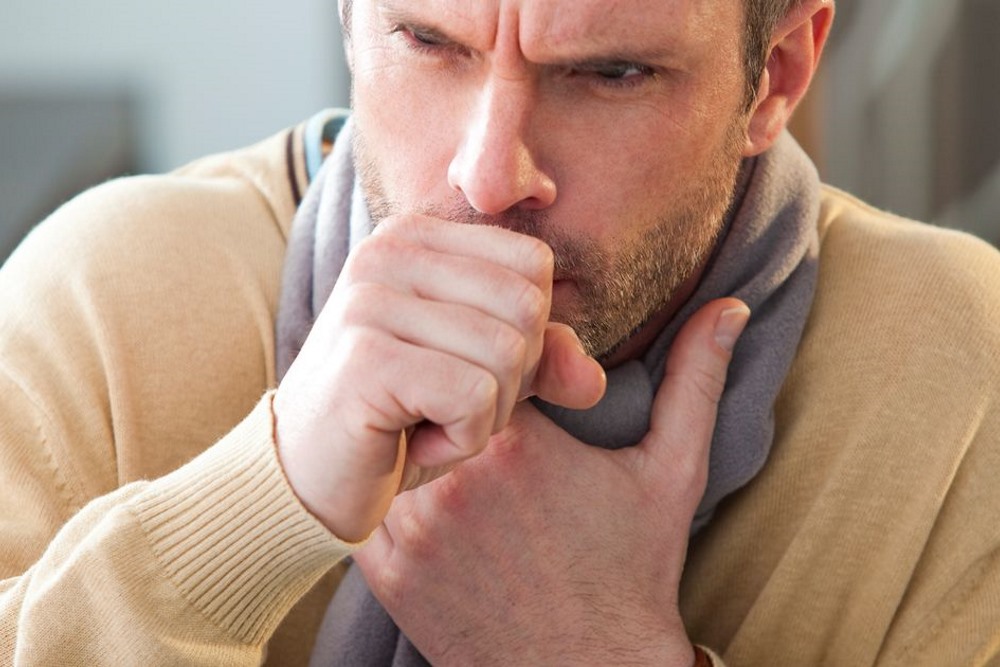By now you’ve likely heard about coronavirus, also called COVID-19, and the very real risk it poses. It has been declared a pandemic, which means it has spread quickly across the globe.
Most people who become infected will only have mild flu-like symptoms, however it can be fatal for young children, the elderly and people with a compromised immune system. This is why it’s important for everyone to be aware, prepared, and to do their part in stopping the spread.
If you or a family member do become infected, or if the virus starts spreading through the town, you will be expected to stay home for two weeks to limit exposure in the community.
Here are 5 steps everyone should take in preparation for the coronavirus
1. Check you have your regular medication
Make sure you have at least two weeks worth in case you can’t access your doctor or leave the house. This means being aware when you next need to fill a prescription and knowing whether or not you have any repeats left (Our app can help you manage your meds – if you’re not set up yet ask us about it next time you’re in).
If you regularly take an over-the-counter medication such as Panadol, keep an eye on your supply and if in doubt, grab another box. It’s also probably a good time to make sure your First Aid kit is stocked and everything is still in-date.
2. Wash your hands with soap
Put a soap pump at each sink in your home and get used to washing your hands with soap and warm water. Teach your children how to clean the front and back of their hands every time. Proper hand hygiene is the most effective way to stop any virus from spreading.
3. Use hand sanitiser
It’s not always practical to wash your hands, but a small squirt of hand sani will help kill germs. Keep a bottle in your bag and your car at all times.
4. Stockpile the essentials
You don’t need to go crazy, but do make sure you have enough personal essentials (toilet paper, soap, toothpaste, tampons), cleaning products (dish soap, laundry detergent, surface cleaner) and pantry food (canned beans, tuna, pasta etc) to last you two weeks. Don’t forget about pet food too. Two weeks is not a huge amount of time, but if you run out of toilet paper it will feel like forever!
5. Get a flu shot
The seasonal flu shot won’t protect against coronavirus, it is still a good idea to get immunised. Over 3,000 die from influenza in Australia each year and luckily we can vaccinate and stop it from spreading. It’s one less thing to worry about.
If you are unsure which medicines you need to have on hand, or have any other concerns, please come in and talk to one of us at Chapman & Wood. We can review when your prescriptions will expire and which ones you might want to get made up now.
The coronavirus is mostly dangerous because it can spread so easily. It is a very serious situation, but luckily there are ways to prepare and protect yourself and your family, to help avoid becoming infected and minimise the spread through the community.


